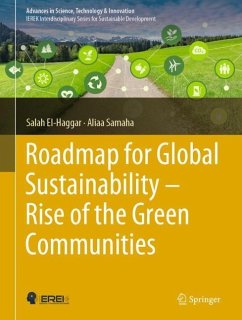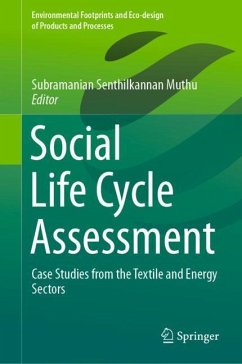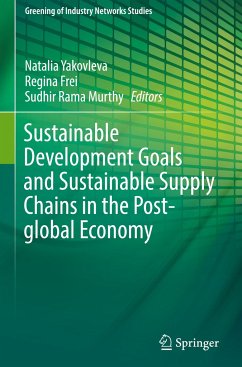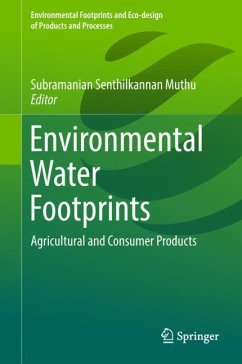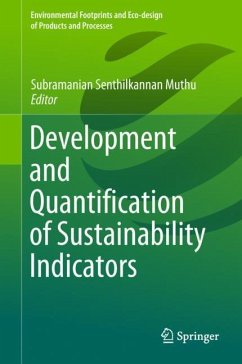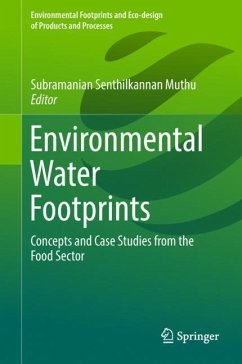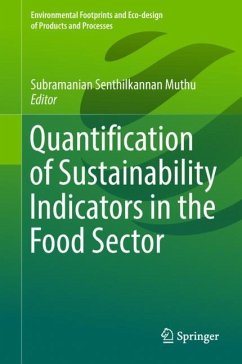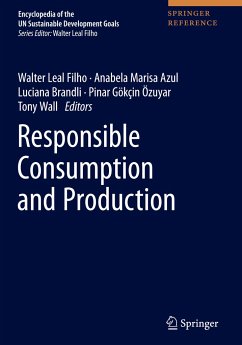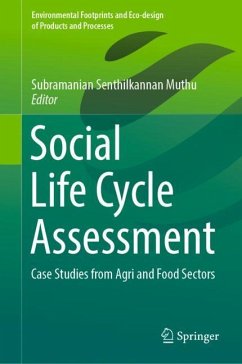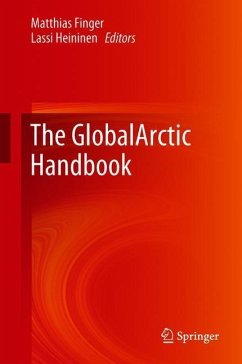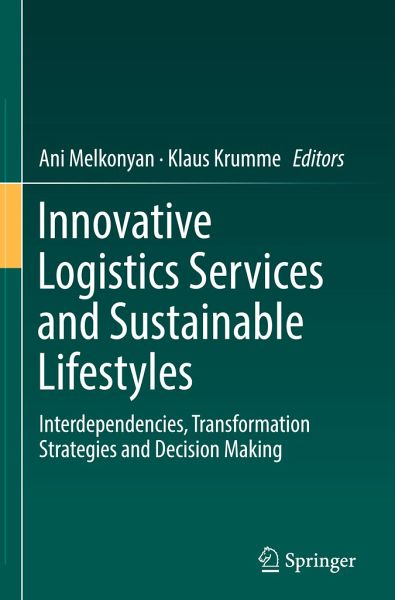
Innovative Logistics Services and Sustainable Lifestyles
Interdependencies, Transformation Strategies and Decision Making
Herausgegeben: Melkonyan, Ani; Krumme, Klaus

PAYBACK Punkte
38 °P sammeln!
This edited volume aims to describe the transformation of supply chain management (SCM) and logistics services by merging sustainable logistics, SCM, sustainable consumption and lifestyle research. This assessment of the transformation potential serves the development of sustainable business models and optimized decision-making systems for achieving sustainable economic value creation within a green economy. In 5 sections, the volume takes a unique transdisciplinary approach to assess sustainable business practices within SCM and the logistics sector, and to understand the interactions between...
This edited volume aims to describe the transformation of supply chain management (SCM) and logistics services by merging sustainable logistics, SCM, sustainable consumption and lifestyle research. This assessment of the transformation potential serves the development of sustainable business models and optimized decision-making systems for achieving sustainable economic value creation within a green economy. In 5 sections, the volume takes a unique transdisciplinary approach to assess sustainable business practices within SCM and the logistics sector, and to understand the interactions between logistics services and consumer lifestyles while creating transparency within the decision making process. This book will be of particular interest to academics, policymakers, planners, and politicians.
Section 1 introduces readers to the importance of blended research and innovation between sustainable SCM and consumer lifestyles for transformation towards a green economy. Section 2 addresses the question of how trends and developments in consumption behavior and lifestyles influence the development of sustainable logistics. Section 3 discusses the transformation potential towards sustainable logistics using the food sector as an example. Section 4 focuses on strategic decision making in SCM, and how long-term improvements of sustainability performance can be achieved. Section 5 concludes with policy recommendations as well as research and innovation perspectives for future sustainable development with SCM and logistics.
Section 1 introduces readers to the importance of blended research and innovation between sustainable SCM and consumer lifestyles for transformation towards a green economy. Section 2 addresses the question of how trends and developments in consumption behavior and lifestyles influence the development of sustainable logistics. Section 3 discusses the transformation potential towards sustainable logistics using the food sector as an example. Section 4 focuses on strategic decision making in SCM, and how long-term improvements of sustainability performance can be achieved. Section 5 concludes with policy recommendations as well as research and innovation perspectives for future sustainable development with SCM and logistics.



